“What a beautiful time we spent together”
We had just finished the most delicious tagine of our trip, mopping up the last bits of chicken and carrots with chunks of khobz, when our hosts Abderrahim and Dawia brought out a silver teapot and several glasses on a round etched silver tray.
The ceremony—first rinsing out the teapot with boiling water, then spooning in green tea leaves, cleaning the impurities off the fresh absinthium and geranium leaves in hot water before adding them to the teapot, dropping in a chunk of sugar and letting it all mélange with a gentle swirl, heating the teapot on the charcoal with a few bursts of the rabouz (bellow) to make the embers dance, then pouring each of us a glass with warmth—was the most graceful tea ritual I have experienced.
All the more serene because we were sitting in a traditional home made of mud and straw, with natural light streaming down the ‘eye of the house’, birthday cake size candles flickering on small wall ledges, warmed by the smoldering charcoal and our hosts’ hospitality. Tea culture here is about being unhurried, and enjoying the majmaa (gathering, sitting together and talking).
Hope you’ll take a look at this 1-minute video Saanya created that captures the tea ceremony beautifully. (Thank you Badar for the Berber song selection).
As we were chatting and getting to know each other, Abderrahim caught sight of the Arabic tattooed on Zayd’s biceps peeking through the shawl he had wrapped himself in. I whispered to him to cover it up thinking it may seem disrespectful to our traditional elders, but Abderrahim wanted to see it, he read it out loud in Arabic—kun sadiqna mae nafsik; he smiled and nodded, and says it means be honest with yourself, as our guide Badar translated.
Abderrahim asked Zayd, “are you honest with yourself?” “I try to be,” Zayd said, “it’s a life-long goal.” Abderrahim said, “That means you value humanity and people …” Zayd was visibly touched. No one had ever seen such meaning in his tattoo (least of all me!)
“Who was the first in your family to decide to go to America?,” Abderrahim asked. “Our grandfather,” the kids said; my father, I chimed in. “That man was so honest with himself,” Abderrahim said, “he was a good man, an honest man, because he saw something, he saw a future for his family.”
With tears welling up, I’m thinking to myself how could he have known. My dad was indeed the most honest and true of men, who sacrificed because he saw a future for us in America. But how did this gentle man in a remote village in the Atlas Mountains of Morocco know that. And for Abderrahim to have made this connection from a tattoo that I thought could have caused offense was a lesson for me in humility and grace. My kids were moved by the nonjudgementalism from a faithful elder.
Zayd said to Abderrahim, “you remind me of my grandfather”; Saanya added, “yes, you have the same smile, the same eyes.” Now Abderrahim beamed. “Merci bien,” he said purposely in a language they could understand directly from him, and hugged them.
I showed him a picture of my Dad, the lockscreen of my phone.
Soon Dawia was sharing photos of their grandchildren and saying how much Saanya looked like their Mariam; Abderrahim was asking the kids what they wanted to name their children iA one day, and was sharing stories of his own father who he said would have loved this majmaa; they showed us a photo of their daughter’s dog Oreo and we showed our Gatsby, and we made plans to return to Skoura and visit again.
And the tea continued to pour …
“Saa mabrouka,” Abderrahim said when it was time to leave; “what a blessed moment, what a beautiful time spent together,” Badar translated.
Zayd’s ears piqued, “maybe that’s my next tattoo,” he whispered to me with a glint in his eyes and that smile of his!
My new year’s wish for each of you: meaningful maajma’s of unhurried teas, sharing of traditions and wisdoms with elders, and the heartwarming contentment of knowing how vast, and how small, our world really is.
And peace. Please dear God, peace.
Thank you for being here. Saa mabrouka.
Please follow more inspiring stories on Instagram @salma.hasan.ali. This is newsletter #37. If you know anyone who might enjoy this newsletter, they can subscribe for free here. A few past newsletters:
Every life lost a story (+ 12 wisdoms I learned from humanKIND)
Flying with chains (Wisdoms from Angelique Kidjo, Sanjay Gupta, Shahidul Alam)
What I learned from my father-in-law
Let go and let God (Yusef Salaam)
Farhan Latif’s wisdom from his dad
Journalist Mehdi Hasan’s wisdom from his dad



